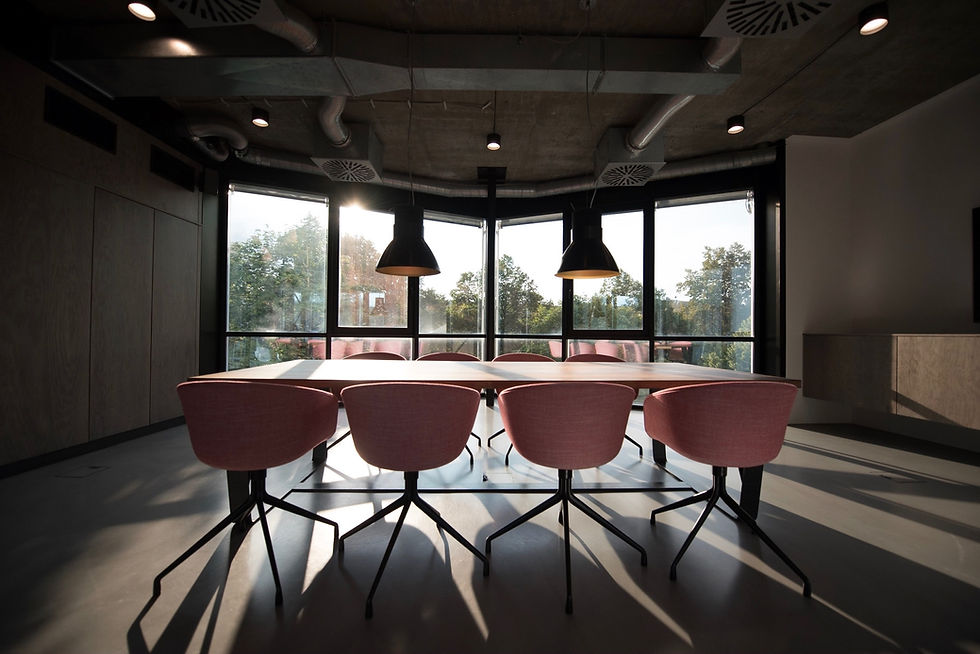
Last week we met our trader turned enterprise builder Ms. Simbajena. Ms. Simbajena is one of the powerhouses in the SME and MME section. Ms. Simbajena is a Trader who managed to open a store, which then became a chain of stores and diversified into manufacturing. According to research done by the UN and World Bank, Women play a crucial role in trade in Africa and will be essential to Africa’s success in exploiting its trade potential. Daily, millions of women in Africa are engaged in one form of trade or another, either within their countries or across national borders. They buy and sell everything, from agricultural produce to manufactured products. It is mostly women who conduct cross-border trade, delivering goods and services, reports the World Bank. They also run the majority of agricultural small landholdings. Indeed, women traders’ contribution to national economies has become essential in boosting trade in Africa. It is well known that most women in Africa start a business out of necessity, and that necessity is to feed their family. Women Business owners are the majority of many Family Business Owners. The biggest obstacle is that they do not see their business as a business that can become bigger than just feeding their family, even though they contribute to the Ecosystem of many economies in a colossal way.
As her business grew and profits grew, Ms. Simbajena migrates her business from selling fresh produce at the street corner and is now buying and selling clothes. Her chain of stores are vibrant boutiques, and she prides herself on how far she has come. Her clientele is upmarket, and she caters to their whims and needs. She has also started sourcing uniforms for big companies and is considering opening a small manufacturing place.
Most of her ideas she shares with her friends but she was scared they may also steal her ideas, so she had no formal planning process but just ideas she would jot down in her notebook. As she grows her business she confides in some friends, especially those in business. However, the ideas she implements are just implemented in a haphazard way. Although her business is bigger than just one small shop with a few employees she continues to operate it as such. Once or twice she engages consultants but mostly because she has seen others doing this.
As time goes on, she feels a bit overwhelmed with her thoughts and is unsure about how to execute them. She also becomes overwhelmed by the amount of areas of her business she has to think about and work on. She is very slow and skeptical about hiring management for her business. So she handles all the management functions herself. This leads to her being unable to go on holiday or have days off from work. This slowly erodes her peace of mind and causes her to suffer from stress-related health problems.
This is a dilemma faced by many Family Businesses, especially those that are managed by the founder-owner. The business grows progressively and may initially be managed well in its infancy stage. But after a certain level, the business needs more strategic thinking and objective ideation. This means that the business needs people who can drive it forward to a bigger vision. The founder may reach their goal of a business that can grown and sustain their family wealth and stay stuck in that vision instead of breaking past their own limitations. Even in cases where the founder has a grander vision, they may not be clear on how to execute it. To grow their business bigger than their perceived limitations, the founder must allow others into their thought process. And the safest way to do so is by putting together a board of advisors or a formal board of directors. These groupings must have an official mandate. The mandate should be in line with the founders’ goals. In this space, the groupings can be bound by Non-Disclosure Agreements and Ethics. These will protect the founder from their ideas and thought being prematurely released onto the market or being “stolen.” And these groupings, when used effectively, can create a powerful management and advisory structure that can take the company to a whole new level of growth.
When putting together your advisory board or board of directors, consider how much you can remunerate the individuals for their time and knowledge and expertise.
How many members do you need on your board?
Which board is more appropriate for your needs?
What legal structures can protect your Intellectual property in these meetings?
What skill sets do you need on your board?
How often should you meet, and what are the objectives?
Any time there is growth, there is resistance. But for a Family Business to grow, there are essential governance and structure issues that have to be put in place to allow the success of the growth.


Comments